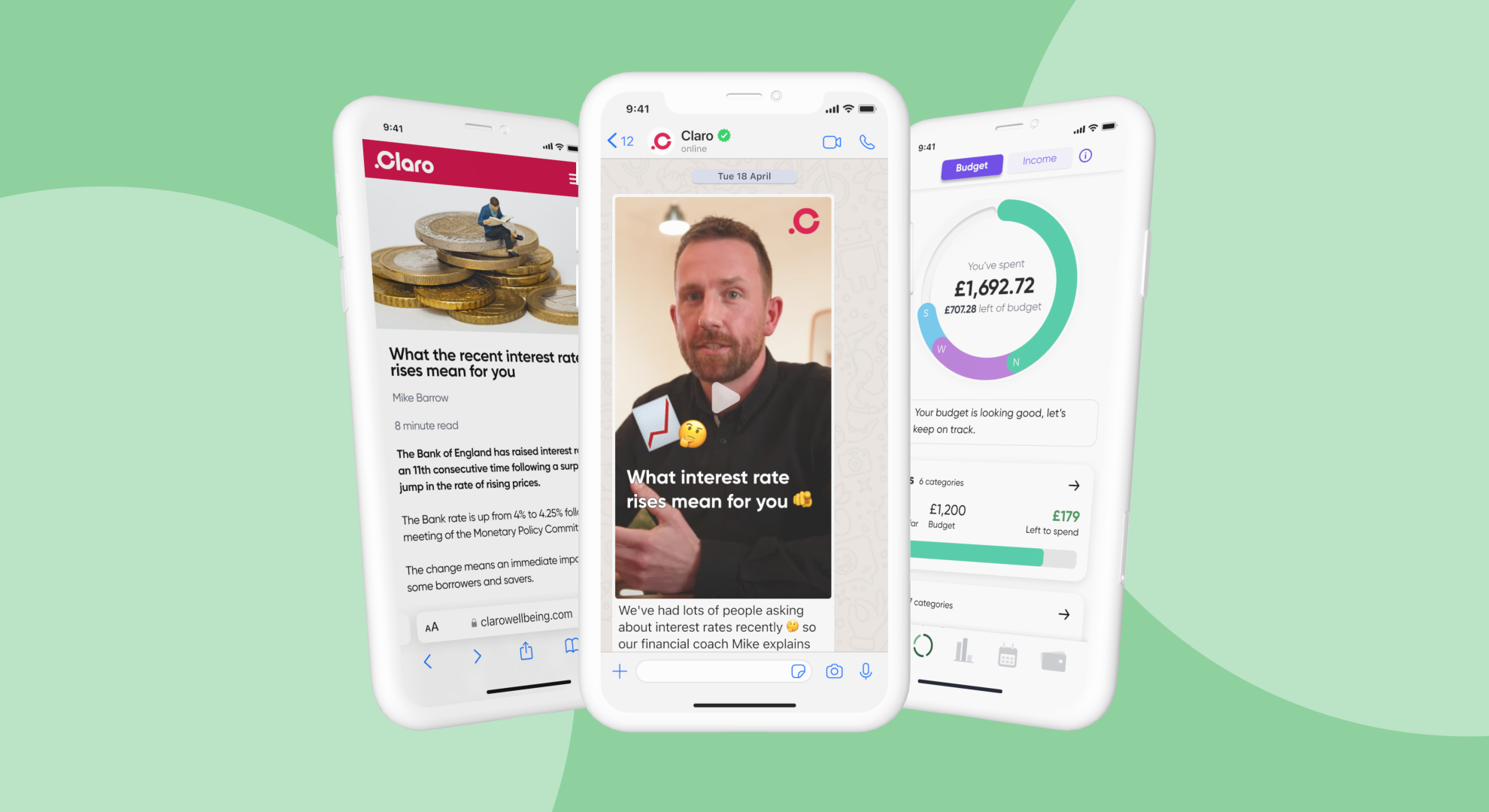6 min read
Should employers acknowledge Blue Monday?
Blue Monday (15 January) has a mixed reputation. But there’s still value in using the day to raise awareness of mental health and wellbeing...

Blue Monday (15 January) has a mixed reputation. But there’s still value in using the day to raise awareness of mental health and wellbeing initiatives — under certain circumstances.
Recent years have seen some employers use Blue Monday (15 January) – a January day often dubbed the year’s most depressing – as a platform to make it look like they care about employee wellbeing, without having the benefits to back it up.
For example, some post photos from recent ‘Wellbeing Days’ or inspirational quotes about the importance of taking mental health seriously at work.
All the while, an increasing number of HR professionals have become aware of the fact that Blue Monday is little more than a scientifically-debunked
That said, there is still value in employers using the day to highlight to their staff what’s available to them when they need support. Employers should ensure their employees know the ways in which they are supported throughout the year, not just when mental health is trending on LinkedIn.
In other words, avoid posting content on social media acknowledging the day without offering robust and consistent mental health support to staff.
Blue Monday has come to have a mixed reputation due to the fact that it is a day that is calculated on a theoretical basis, rather than evidenced on an empirical basis.
The third Monday of January is supposedly the most depressing day of the year due to a range of factors, like the relatively bleak weather and the day’s distance between Christmas and summer.
If Blue Monday were real, surely we’d have data to back it up?
For example, perhaps we’d see an annual spike in antidepressant prescriptions after mid-January every year. Instead, studies show antidepressant prescriptions tend to peak in November and December.
And maybe we’d see a spike in online searches for symptoms of depression and anxiety. Instead, studies show such searches follow far smoother, seasonal rises and falls.
What we can see is a general trend of poor mental health – all year round. Sick leave absences are at a 10-year high, with mental ill health being cited as the top cause.
You can, but that doesn’t always mean you should.
There’s nothing wrong with using Blue Monday to raise awareness *internally* of what you offer your staff around wellbeing.
Indeed, you could use the day to drop your employees a timely reminder about how they can access appropriate benefits. This could include free or subsidised therapy, financial coaching and guidance, time off for mental health and stress-related reasons.
When firms don’t support their employees properly, it rarely produces a good outcome for the company’s performance in the long run.
At the very least, businesses accused of ‘wellbeing washing’ – not practising what they preach around wellbeing – could prompt an eye-roll. At worst they could be labelled as hypocritical or of ‘virtue signalling’ as well as running the risk of damaging relationships with staff.
Almost one in five employees said their employer’s reputation has never recovered from wellbeing washing accusations, according to our research. As many as a quarter (26% of) those surveyed said it took six months or more for their employer to recover from the reputational damage.
It’s easy to overlook the fact that Blue Monday does coincide with a time when many are dealing with the financial knock-on effect of Christmas.
The hangover from the festive period tends to exacerbate all kinds of stress. But one in particular many individuals face is financial stress. The Bank of England recently warned that many in the UK have become increasingly reliant on credit cards, as higher mortgage payments and inflation have set in.
With the cost-of-living crisis persisting, many organisations have been paying close attention to the links between financial and mental wellbeing.
Two thirds (67%) of staff say stress caused by money affects their work performance. This sees almost one in five (17%) employees taking more sick days and more than half (59%) saying they are less productive. This alone is enough to cost businesses tens of billions of pounds every year in lost productivity.
It’s important, therefore, that any reminders around mental wellbeing that take place around Blue Monday also feature any financial wellbeing support that staff can access.

6 min read
Blue Monday (15 January) has a mixed reputation. But there’s still value in using the day to raise awareness of mental health and wellbeing...

4 min read
Ever wished you had a money-whiz friend you could ask anything, as often as you like?

7 min read
Millions are being impacted by financial stress. Yet, until now, workers in frontline occupations have not been able to benefit from educational...